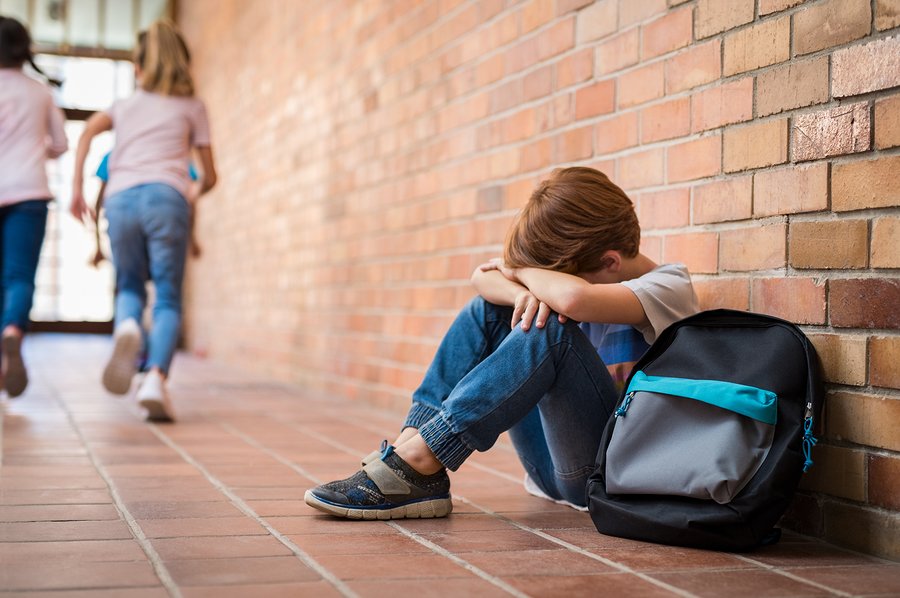Grief and Going Back to School
There is no “good time” to deal with grief, but the back to school season can be especially difficult for children. The new year of school can bring its own set of challenges, but a grieving child can more easily be overwhelmed. Grief can make a child feel isolated or different from their peers. It is important to make your child feel more at ease during the transition between summer and the new school year.
Notifying the School
After a heartbreaking loss, you should notify your child’s school. Your child can experience grief in many ways. It is important to work with the school. You can not keep an eye on your child 24/7. While they are in your school, their teachers can look out for abnormal or strange behaviors that may be grief-related. Also, make sure your child knows you’re having these discussions, if you feel that it is appropriate.
Plan for Bad Days
School can be overwhelming at times. Coupled with grief, some days can be unbearable. It is good to have a plan to help your child cope with those days.This may include having them talk to certain counsellors or trusted teachers at school; or an after-school routine that helps them cope.
Routines Can Be Helpful
Routines keep a child busy and engaged. Even with the most grief-stricken children, returning to routine behaviors can help with coping. School can help with this by providing structure to a schedule.
Prepare Them for Other Kids
Other children may ask questions about the death, so prepare your child for this possibility. Let them know it is their choice what they share, and if they want to at all. If he or she does not want to discuss it, practice handling various situations. It’s also possible your child may hear hurtful or ill-informed comments, even if unintentional. It is not uncommon for children to be oblivious to the social cues of others, especially those who are grieving. Grief is an emotional state that can be unfamiliar to most children; especially those of a younger age. You should discuss how to respond to these situations with them.
It’s OK to Have Fun
Your child may be too hurt to think that they can still have fun. They may feel like it is too hard to let go. You should let them know that there is nothing wrong with letting loose a bit. After all, they are still kids. It is OK for them to have fun, to feel happy. They may not want to spend time with friends or participate in the hobbies and activities they usually do. It is important to encourage them to encourage them to still be themselves and enjoy life.
The author of this post is not a professional therapist or counselor. For assistance in finding a grief counselor that is right for you, there are a number of resources out there. For our Grief Resource center, written by Dr. Bill Webster, click here.
For almost 50 years, Matthew Funeral Home has been serving the Staten Island community. We can help with almost every aspect of your loved one’s memorial service. Our family is here to serve yours, every step of the way.
 (718) 761-5544 |
(718) 761-5544 |  matthewfh@matthewfuneralhome.com |
matthewfh@matthewfuneralhome.com |  2508 Victory Boulevard, Staten Island, NY 10314
2508 Victory Boulevard, Staten Island, NY 10314








 matthewfh@matthewfuneralhome.com
matthewfh@matthewfuneralhome.com
Comments